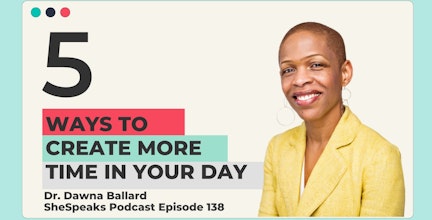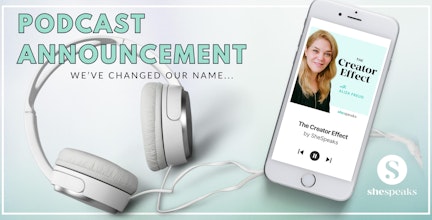Nine Surprising and Intriguing Brain Exercises

Dorothea Brande was an American writer and editor, well known for her books Wake Up and Live and Becoming a Writer (which is a useful resource for writers, by the way).
In Wake Up and Live, published in 1936, Brande suggests several mental exercises to make your mind keener and more flexible. These exercises are meant to pull you out of your usual habits, give you a different perspective, and put you in situations that will demand resourcefulness and creative problem solving. Brande argues that only by testing and stretching yourself can you develop mental strength.
Apart from the goals of creativity and mental flexibility, Brande’s exercises make sense from a happiness perspective. One thing is clear: novelty and challenge bring happiness. People who stray from their routines, try new things, explore, and experiment tend to be happier than those who don’t. Of course, as Brande herself points out, novelty and challenge can also bring frustration, anxiety, confusion, and annoyance along the way; it’s the process of facing those challenges that brings the “atmosphere of growth” that’s so important to happiness. (It’s the First Splendid Truth: to be happy, you must think about feeling good, feeling bad, and feeling right within an atmosphere of growth.) Here are more of her suggestions:
1. Spend an hour each day without saying anything except in answer to direct questions, in the midst of the usual group, without creating the impression that you’re sulking or ill. Be as ordinary as possible. But do not volunteer remarks or try to draw out information.
2. Think for thirty minutes a day about one subject exclusively. Start with five minutes.
3. Talk for fifteen minutes a day without using the words I, me, my, or mine.
4. Pause on the threshold of any crowded room and size it up.
5. Keep a new acquaintance talking about himself or herself without allowing him to become conscious of it. Turn back any courteous reciprocal questions in a way that your auditor doesn’t feel rebuffed.
6. Talk exclusively about yourself and your interests without complaining, boasting, or boring your companions.
7. Plan two hours of a day and stick to the plan.
8. Set yourself twelve tasks at random: e.g., go twenty miles from home using ordinary conveyance; go twelve hours without food; go eat a meal in the unlikeliest place you can find; say nothing all day except in answer to questions; stay up all night and work.
9. From time to time, give yourself a day when you answer “yes” to any reasonable request.
Doing these kinds of exercises can seem artificial, but it can also be a fun way to put a little challenge into your ordinary routine. Have you tried any useful exercises along these lines?
Make a Comment
 by
twoboymom | Egg Harbor, NJ
by
twoboymom | Egg Harbor, NJWOW, these are way easier said than done, but I will continue to try them!!!
 by
tills48 | Coralville, IA
by
tills48 | Coralville, IAI have made a copy of these suggestions and taped it on my closet door to remind me to do these "exercises." Thanks for the reminders!
 by
deenuhz | Riverside, CA
by
deenuhz | Riverside, CAExcellent suggestions. Unique.
 by
kozeast | Holly Springs, NC
by
kozeast | Holly Springs, NCI know allot of people that talk about them selfs all the time !!!!
 by
ChefErin | SEATTLE, WA
by
ChefErin | SEATTLE, WAI have an acquaintance who's motto is "yes." It seems to have served her well!








_10242023164832.jpg?max-w=432&max-h=220&fit=crop&auto=format)

_08172023152001.jpg?max-w=432&max-h=220&fit=crop&auto=format)





_01252024061712.jpg?max-w=432&max-h=220&fit=crop&auto=format)


 (6)_07082023175312.jpg?max-w=432&max-h=220&fit=crop&auto=format)
 (1)_05192023144508.jpg?max-w=432&max-h=220&fit=crop&auto=format)
 (37)_05032023114523.jpg?max-w=432&max-h=220&fit=crop&auto=format)